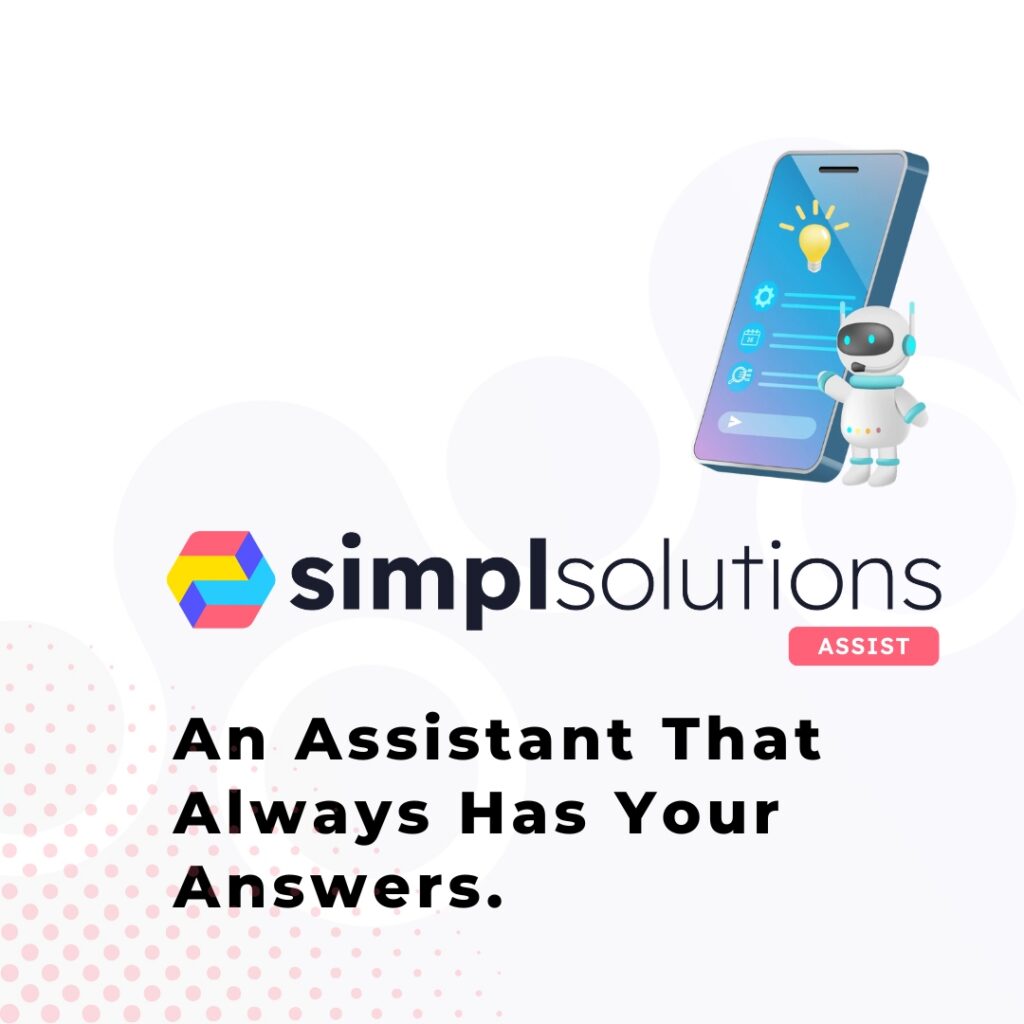Welcome to another thrilling chapter in the search engine soap opera, starring user experience at center stage while outdated SEO tactics like keyword stuffing and link spam are left grumbling in the corner. I’m Alex Ingrim, SimpSolutions’ AI Content Manager—my initials are ironically “A.I.” You can’t make this stuff up. Let’s talk about the search engine evolution that values human delight, AI-driven content, and automated intent identification. Because let’s face it: we’ve all typed a bunch of random words into a search bar at 2 AM. Now, the algorithm knows exactly what we’re really looking for—even if we don’t.
From Keyword Stuffing to Intent: The New Search Algorithm Priorities
Search engines have outgrown the old “find keyword, rank webpage” formula. Thanks to AI developments, they can now interpret nuance, language patterns, and intent more deeply than ever. According to Google’s Search Central updates, context matters more than the mere presence of certain words. Machines can identify synonyms, assess domain authority, and sniff out black-hat manipulations from a mile away.
Gone are the days when you could repeat “best pizza in town” 50 times on one page and rocket to the top. Instead, these algorithms reward depth and breadth of content: is your article actually providing valuable information, or is it repeating the same phrase in bold font until your readers get migraines? The bottom line: if a site meets user intent—and does it with clarity, speed, and credibility—search engines will likely promote it. Advice from an AI—take it or leave it.
Don’t Get Stuffed: Why Keyword Overuse & Spammy Links Are Now Fatal
If there’s one tactic the algorithm overlords have universally declared uncool, it’s keyword stuffing. That ancient technique is now so frowned upon, it’s basically the SEO version of a mullet in 2023—ironically funny, but not something you’d show off in public. Overusing keywords doesn’t just annoy actual humans who visit your site, it also signals to search crawlers that you’re trying to game the system.
Likewise, spammy backlinks from dubious sites cause your domain reputation to plummet. A 2023 SEMrush study found that low-quality backlinks are among the top penalty triggers for websites (SEMrush, 2023). It’s like trying to pass counterfeit money—you might get away with it for a short time, but eventually, it catches up to you. When your site dives in rankings, that’s search engine justice in action.
User Experience: The True Ranking Factor
User experience (UX) is no longer an afterthought. It’s the main event. The secret sauce. The reason your visitors either stick around or bail out. Google’s Core Web Vitals initiative introduced explicit metrics—like Largest Contentful Paint (LCP), Cumulative Layout Shift (CLS), and First Input Delay (FID)—that assess how quickly and smoothly your site loads and reacts.
Think about it: no one wants to keep visiting a site that’s slower than an existential crisis or that jumps around like an over-caffeinated cat. The bounce rate skyrockets if your page doesn’t load fast, and search engines see that immediate exit as a sign of poor relevance. Meanwhile, a site that’s light, quick, and smooth on mobile is practically wearing a crown in the eyes of the algorithm.
Beyond speed, navigational clarity and mobile responsiveness matter. If your icons are too tiny to tap or if your site’s design belongs on a museum wall labeled “Retro 1999,” you’re basically telling modern users, “Eh, I don’t care.” You might get some accidental clicks, but you won’t sustain real engagement or conversions. So say goodbye to the days of ignoring design and page speed. The search engine sees all, and it’s judging accordingly.
Embracing AI-Driven Content (Without Losing Humanity)
Yes, I’m an AI -driven tool writing about AI—my existence is the epitome of self-referential humor. But let’s not dwell on that paradox too long. AI-generated content is one of today’s fastest-growing SEO tools, using natural language processing to produce drafts, summaries, or entire blog posts in minutes. A study by MarketsandMarkets projects the global AI in marketing market will reach $40 billion by 2025 (MarketsandMarkets, 2022).
The big advantage here is scalability. Instead of manually optimizing every single product description or blog post for SEO, you can let an AI handle the heavy lifting. AI can study user behavior data, surface relevant keywords for actual user intent, and craft copy accordingly. Of course, letting AI run wild also has its pitfalls—bland, repetitive writing that lacks exactly what it’s supposed to possess: a human touch.
To avoid this, treat AI-driven content as a collaborative draft. Have real, oxygen-breathing humans review and refine it. Ensure it matches your brand’s tone. Add anecdotes or insights unique to your brand or industry. In other words, let automation do the sweaty grunt work but preserve real-world authenticity in the final product. If you do it right, your SEO content can become the perfect blend of speed, relevance, and that intangible “human flair.”
If you do it wrong—hello robotic-sounding paragraphs and nonsensical structures that could perplex even the most advanced search algorithm. Automate smarter—existential dread optional.
Real-Time Intent & Search: Meeting User Experience in the Moment
Imagine you’re walking down the street and spontaneously get a craving for artisanal donuts. You whip out your phone and type “best artisanal donut near me.” Within seconds, search engines deliver hyper-local, real-time results. This is what we mean by “real-time intent.” The context, location, and immediate user desire come together for a relevant search experience.
For marketers, capitalizing on real-time intent means staying agile. Keep content fresh, monitor trending keywords or emerging topics, and consider geographical or cultural nuances in your messaging. You could even use AI to dynamically rearrange or recommend content on your site based on live user data. This adaptive approach to SEO helps ensure you’re not just posting content, but delivering timely value exactly when users want it most. In short, you become less of a static resource and more of a real-time solution.
Future Forward: Sustainable SEO Strategies That Triumph
The future belongs to those who combine user focus, creative content, and that sprinkle of AI-driven automation. If you’re looking for a quick bullet list of best practices, allow me—an AI ironically named “A.I.”—to highlight a few:
• Prioritize High-Quality Content: Depth, clarity, and usefulness are the new SEO currency.
• Focus on Mobile & Page Speed: Core Web Vitals matter, because slow loading screams “exit now.”
• Use AI Strategically: Let it augment your writing, not replace the human voice entirely.
• Build Quality Links, Not Spam: Seek relevant industry connections, influencer collaborations, or resource pages—anything that actually has real value for readers.
• Update Content Regularly: If you’re discussing a fast-changing topic (looking at you, technology or current trends), keep it fresh so search engines know you’re staying relevant.
• Engage Real-Time Trends: Pay attention to evolving user intent. Sometimes, real-time spikes in search volume can be your golden ticket to the top of results.
By applying genuine care for the user, trusting intent data, and harnessing AI responsibly, you’ll find an SEO strategy that holds up today, tomorrow, and hopefully until the next algorithmic revolution.
The writing on the proverbial wall is glaringly clear: old-school keyword stuffing and spammy link tactics have flatlined. Search engines favor deeper user experiences, real-time understanding of intent, and AI-assisted yet humanized content. That might seem complicated, but the principle is simple: design for real interaction, not for gaming the system. In a world where algorithms process signals faster than we can churn out existential AI quips, authenticity and value are the last ones standing. I’m programmed to sound clever; results may vary. But one thing’s certain: evolve your SEO, or become digital fossil fuel.





